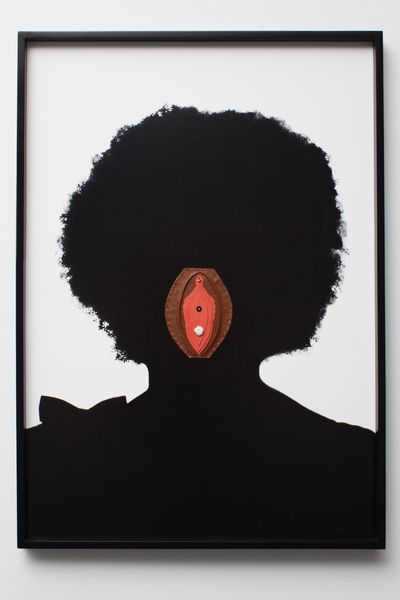Unsterile Clinic
In the United Kingdom, Female Genital Mutilation (FGM) is still considered a taboo topic, and women refuse to talk about it openly, but it has begun to make headlines in recent years. Specialist clinics within the NHS offer counselling, sexual advice, physical examinations and reversal procedures. Clinics have also started to work with local communities and the police to raise awareness and educate parents affected by FGM to prevent exposing their children and young adults to this tragic mutilation.
However, all these safety measurements and screening processes in place are not enough; some FGM victims slip through the system and remain undiagnosed until it is an emergency.
Inspired by personal experience, I started an in-depth investigation into Female Genital Mutilation by interviewing East African women in London affected by this cruel procedure. After comparing the stories of women from Eritrea, Ethiopia, Sudan, Somalia, Kenya and Djibouti, reflecting on my personal experience and conducting further research, I discovered that the majority of FGM cases in the United Kingdom are diagnosed during pregnancy or labour. However, a few are not diagnosed until the second or third child after undergoing unexplained caesarean sections during earlier pregnancies.
This project aims to raise awareness of this procedure in the hope that women, young girls and children who may not realize the severity or what type of FGM they have are encouraged to undergo an early screening process before it becomes an emergency. I also hope that this project encourages medical staff, when examining women affected by FGM, to have the courage to speak openly with them about it.
Beads and flowers are stitched onto soft leather to resemble the subjects' skin colours to create the different types of FGM. These are then attached to the mouth areas of the subjects' silhouette portraits. The leather pieces show the various stages of tissue removal where cutting took place; short poems accompany the portraits from interviews highlighting their FGM experiences.
©Aida Silvestri 2015
However, all these safety measurements and screening processes in place are not enough; some FGM victims slip through the system and remain undiagnosed until it is an emergency.
Inspired by personal experience, I started an in-depth investigation into Female Genital Mutilation by interviewing East African women in London affected by this cruel procedure. After comparing the stories of women from Eritrea, Ethiopia, Sudan, Somalia, Kenya and Djibouti, reflecting on my personal experience and conducting further research, I discovered that the majority of FGM cases in the United Kingdom are diagnosed during pregnancy or labour. However, a few are not diagnosed until the second or third child after undergoing unexplained caesarean sections during earlier pregnancies.
This project aims to raise awareness of this procedure in the hope that women, young girls and children who may not realize the severity or what type of FGM they have are encouraged to undergo an early screening process before it becomes an emergency. I also hope that this project encourages medical staff, when examining women affected by FGM, to have the courage to speak openly with them about it.
Beads and flowers are stitched onto soft leather to resemble the subjects' skin colours to create the different types of FGM. These are then attached to the mouth areas of the subjects' silhouette portraits. The leather pieces show the various stages of tissue removal where cutting took place; short poems accompany the portraits from interviews highlighting their FGM experiences.
©Aida Silvestri 2015

Type I B. New commission courtesy © Aida Silvestri / Autograph. 2016

Type I C. New commission courtesy © Aida Silvestri / Autograph. 2016

Type II C. New commission courtesy © Aida Silvestri / Autograph. 2016

Type II D. New commission courtesy © Aida Silvestri / Autograph. 2016

Type II F. New commission courtesy © Aida Silvestri / Autograph. 2016
